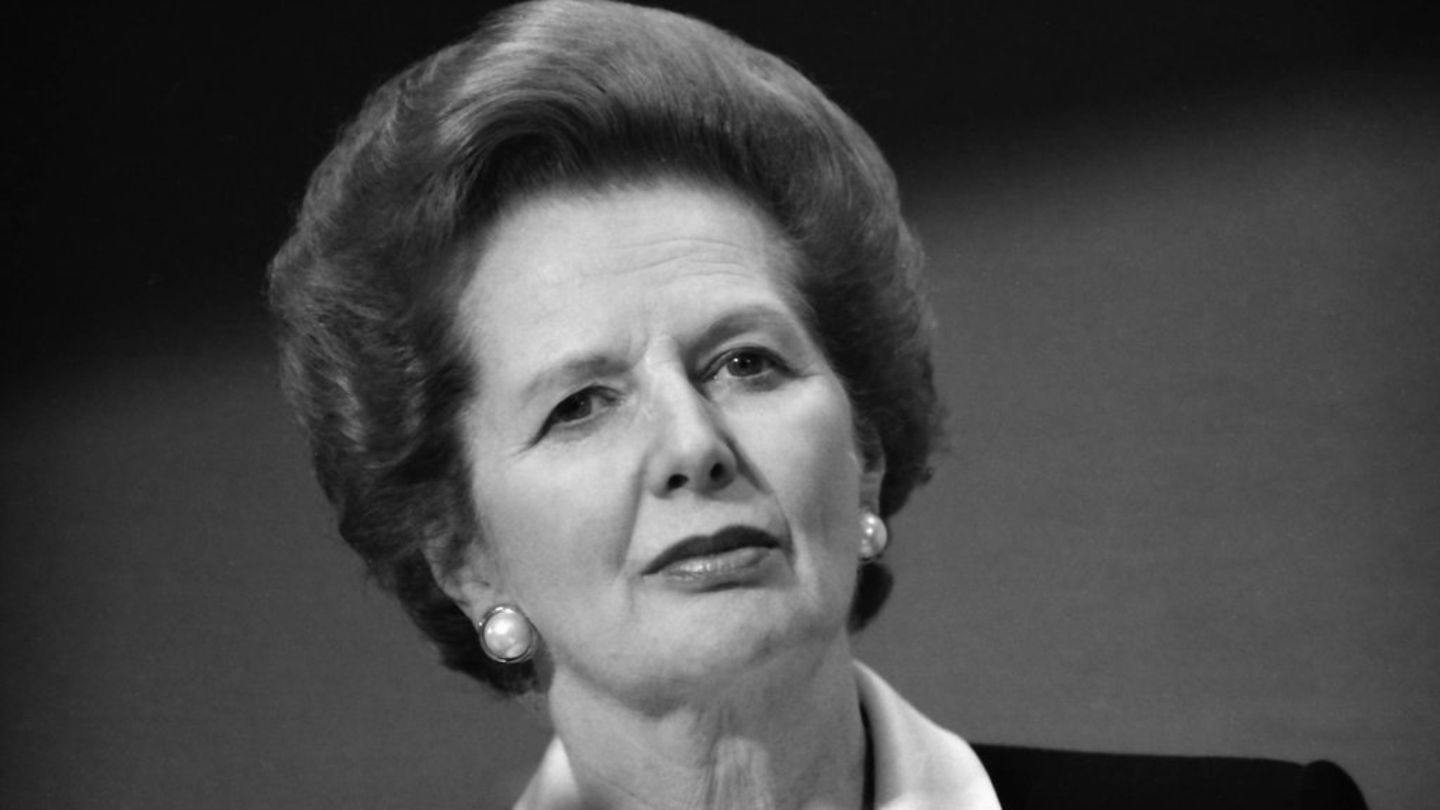Fernando Marull, director of the consulting firm FMyA, agreed with the analysis. He argued that a scenario of global risk aversion always generates devaluation pressures, both on the official dollar and on the parallel one. “There are two channels through which a global crisis is transmitted. One is the commercial channel, for exports and imports, which depend on the activity of the countries that buy from us, on the price of commodities and on the competitiveness of the exchange rate”, he pointed out and added that Argentina collects 2% of the GDP for retentions and subsidizes oil-related services for 3% of GDP.
“The second is the financial channel, that is, the one that depends on Foreign Direct Investment and financing to the Government, Provinces and Companies. Although Argentina ‘benefits’ from the rise in grains, a war is always negative for a vulnerable country like ours. With global aversion and capital returning to the center, emerging currencies are devalued and this puts pressure on the Central Bank and parallel dollars. Likewise, a devaluation of the real puts pressure on the BCRA to speed up the crawling peg if it wants to keep the real exchange rate stable”, added Marull.
For his part, Rubén Ullua, financial market analyst, considered that, beyond the particular situation that is occurring with the ruble (a strong devaluation) due to the blockades that the international level, mainly in the SWIFT, in general the impact on the rest of the emerging currencies is not so important. For this reason, he clarified: “The dollar recovered against the rest of the world’s currencies, but I don’t think it will have a strong impact on the rest of the emerging currencies, at least in the short term. On the other hand, Argentina is more vulnerable to the impact this has on its trading partners, for example, if Brazil experiences exchange rate tension. He would believe that a reaction effect of the local exchange rate can be generated there. And in recent weeks the dollar in Brazil has been falling, which takes a lot of pressure off the dollar in the local market.”
The deal with the IMF
For both Beker and Ullua, the international context added uncertainty to the Argentine situation, which was already complex in the final stretch of the agreement with the International Monetary Fund. Thus, they argued that agreement is key to avoiding future external financing problems, but they warned that the rise in energy prices will add difficulties.
Ullua affirmed that the understanding with the Fund continues to be the most relevant to reduce uncertainty: “It is necessary for Argentina to close the agreement since it will condition the financing of our country in the future. Also, if it does not happen, it can cause greater pressure on the exchange rate and the chances of returning to external financing become increasingly distant.
“We find ourselves with a more restricted global financial market. There will probably be increases in interest rates because the inflation rate worldwide is going to rise, so, probably, the policies of the central banks may be to raise the interest rate and, consequently, any credit that an Argentine company may make more expensive. I can drink abroad”, added Beker.
Source: Ambito
David William is a talented author who has made a name for himself in the world of writing. He is a professional author who writes on a wide range of topics, from general interest to opinion news. David is currently working as a writer at 24 hours worlds where he brings his unique perspective and in-depth research to his articles, making them both informative and engaging.




